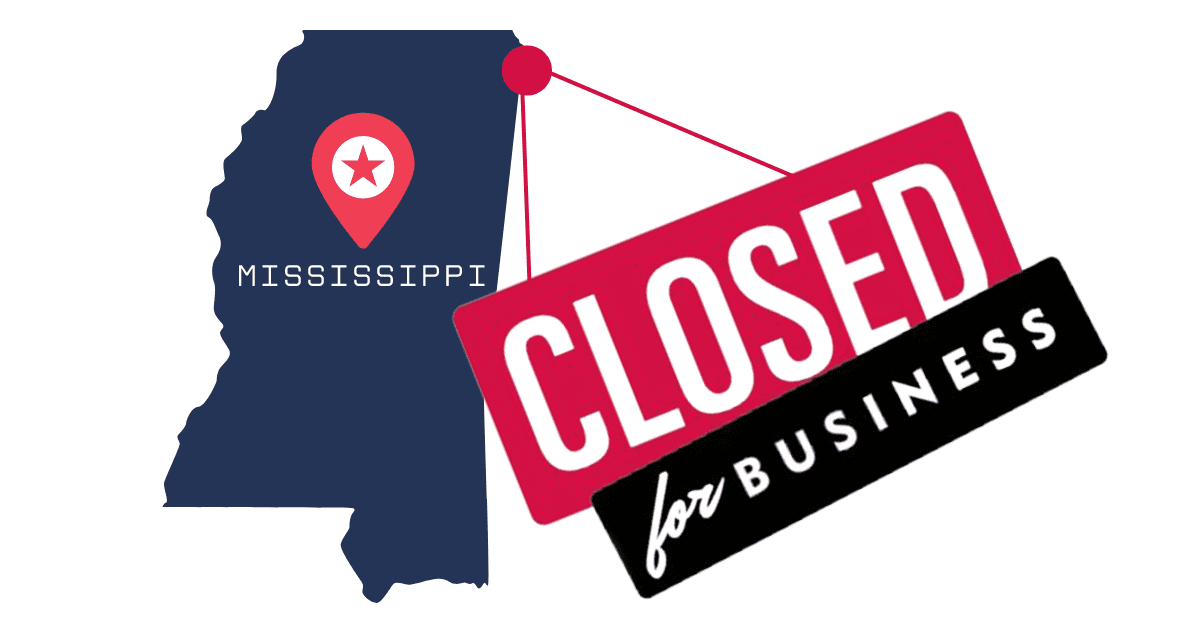
Former Florida Governor Jeb Bush (left), founder and chairman of ExcelinEd, and Dr. Kymyona Burk (right), senior policy fellow for early literacy at ExcelinEd and the former state literacy director at the Mississippi Department of Education.
Mississippi’s remarkable transformation serves as a model for every state leader who wants to set up all students for success.
Learning to read is the gateway to success for every student. It’s the key to unlocking every door – regardless of a family’s income or ZIP code. In education, it is the great equalizer.
When parents enroll their young children in school, it comes with the expectation that their child will be taught how to read. But sadly, far too many children are falling through the cracks, and we know the results are devastating to the individual child. Even worse, an estimated two-thirds of students who cannot read proficiently by the 4th grade end up in the criminal justice system or on welfare.
This is a literacy crisis unfolding across America. It began before the pandemic, when the National Assessment on Educational Progress (NAEP) reported a drop in student reading scores in 2019. The pandemic’s widespread school closures compounded those losses as, by 2022, scores declined even further.
But as other states have struggled to identify how to turn around literacy rates, the often-overlooked Magnolia State has the solution.
Over the last decade, reading improvement in Mississippi—a state that was once ranked last in the nation for student skills—has been on the upswing. Policymakers there are familiar with the fundamental principles necessary to raise expectations and help every child learn to read. They set an example that other states want to follow, and here’s what it takes:
First, it involves a statewide commitment—from policymakers in the capitol, professionals in the Mississippi Department of Education and teachers and administrators throughout the state—to embrace the science of reading. This requires states to abandon failed teaching methods, such as three-cueing, a method that literally teaches kids to guess words rather than build a foundation around phonemic awareness, phonics, comprehension and other pillars in the evidence-based approach.
Another critical tool is the elimination of social promotion. In many states—and Mississippi was once among them—students are promoted to the next grade without achieving basic critical skills. Can’t read at grade level? No big deal – on to the next grade.
The problem is that between 3rd and 4th grade, the curriculum for students changes. In grades K-3, students are learning to read, but from grade 4 and beyond, students are reading to learn. Students who advance to 4th grade without a proficient ability to read suddenly face challenges in nearly every aspect of their education – and at each grade face the risk of falling further behind. Students left unprepared at this critical juncture face higher dropout rates, which monumentally limit the chance for success in life.
Mississippi identified and designed a solution to this challenge almost a decade ago. The Literacy-Based Promotion Act, adopted in 2013, takes a comprehensive approach to early literacy built around two fundamental and critical components: instruction grounded in the science of reading and putting an end to social promotion. That is, ensuring students are prepared to read to learn before they’re promoted to 4th grade.
It’s this second policy principle that is often unpopular. School leaders don’t enjoy having to deliver the news to a parent that a child may have to repeat a grade. For parents, that can be difficult news to hear. And district leaders lament having to report how many students need an extra year of learning.
But while retention may not be anyone’s preferred route, there’s evidence to prove it comes with marked benefit. A new report from the Wheelock Educational Policy Center at Boston University found students who were held back in 3rd grade under Mississippi’s reading retention law achieved higher 6th grade English and language arts scores than comparable students who were just barely promoted. Also, the report found no significant impact on student absences and no significant impact on special education identification in 6th grade or 4 years after retention.
In other words, learning gaps were closed for struggling readers and these students were better off.
Third grade reading promotion laws and requiring instruction and an evidence-based curriculum grounded in the science of reading are but two important policies states must embrace to overcome this reading crisis. There’s progress needed in every state that ranges from training teachers in the science of reading, hiring literacy coaches, banning three-cueing, providing families with timely information about their child’s academic performance and also ensuring students receive adequate literacy screening. Mississippi’s remarkable transformation serves as a model for every state leader who wants to set up all students for success. Let’s tackle this literacy crisis with these proven strategies to achieve that.









